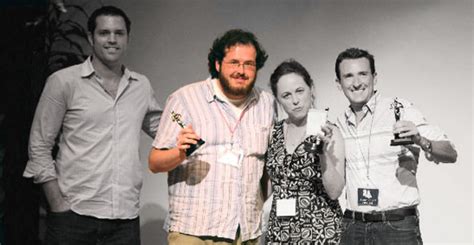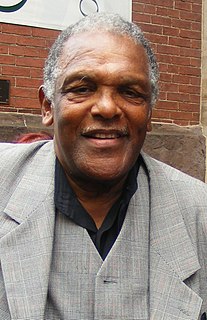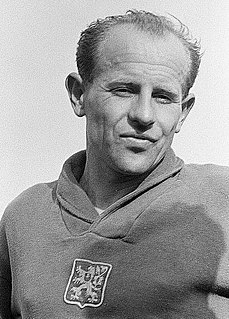A Quote by Carl Honore
I've teamed up with one of the headmasters at Eton College, and we're spearheading a kind of 'slow education movement in Britain'. It's based on this idea of moving away from the fast-food approach to learning and going to something deeper, more woolly, harder to measure.
Related Quotes
I think Americas food culture is embedded in fast-food culture. And the real question that we have is: How are we going to teach slow-food values in a fast-food world? Of course, its very, very difficult to do, especially when children have grown up eating fast food and the values that go with that.
I think America's food culture is embedded in fast-food culture. And the real question that we have is: How are we going to teach slow-food values in a fast-food world? Of course, it's very, very difficult to do, especially when children have grown up eating fast food and the values that go with that.
Out of the Slow Food movement has grown something called the Slow Cities movement, which has started in Italy but has spread right across Europe and beyond. And in this, towns begin to rethink how they organize the urban landscape so that people are encouraged to slow down and smell the roses and connect with one another.
I never had the idea of moving to Paris and becoming something. I liked the idea of living in Paris because it seemed to have so many parts of life I really enjoyed. The people there seemed to prize literature and art, food and drinking, a more hedonistic way of living. My ambition was to be cosmopolitan. I grew up in the suburbs. I went to college in Maine. I had a dream in my head that if you wanted to be the most urbane, living-life-to-the-fullest kind of person, Paris was the place to be.
In 1970, Americans spent about $6 billion on fast food; in 2000, they spent more than $110 billion. Americans now spend more money on fast food than on higher education, personal computers, computer software, or new cars. They spend more on fast food than on movies, books, magazines, newspapers, videos, and recorded music—combined.
I hadn't really thought about going to college. Nobody in my family went away to school. The other piece of that was I didn't see anybody else in my hometown going to college to give me some kind of influence or something like that you might want to think about. I didn't see any of that. Therefore I thought it was never there. What happened was that my high school coach intervened. Had he not intervened to the measure he intervened, I probably wouldn't have gone.
Oswald Mosley`s movement, it was a big movement. It was obviously anti-immigrant, anti-Semitic, it was populist. Mosley wanted to replace the parliamentary system of government in Britain with a government that was based on business interests, that was based on the idea that business interests were the real interests of that country and business interests.
and reorganizing the government to serve business interests, that would be a way to get stuff done faster and more efficiently.





























